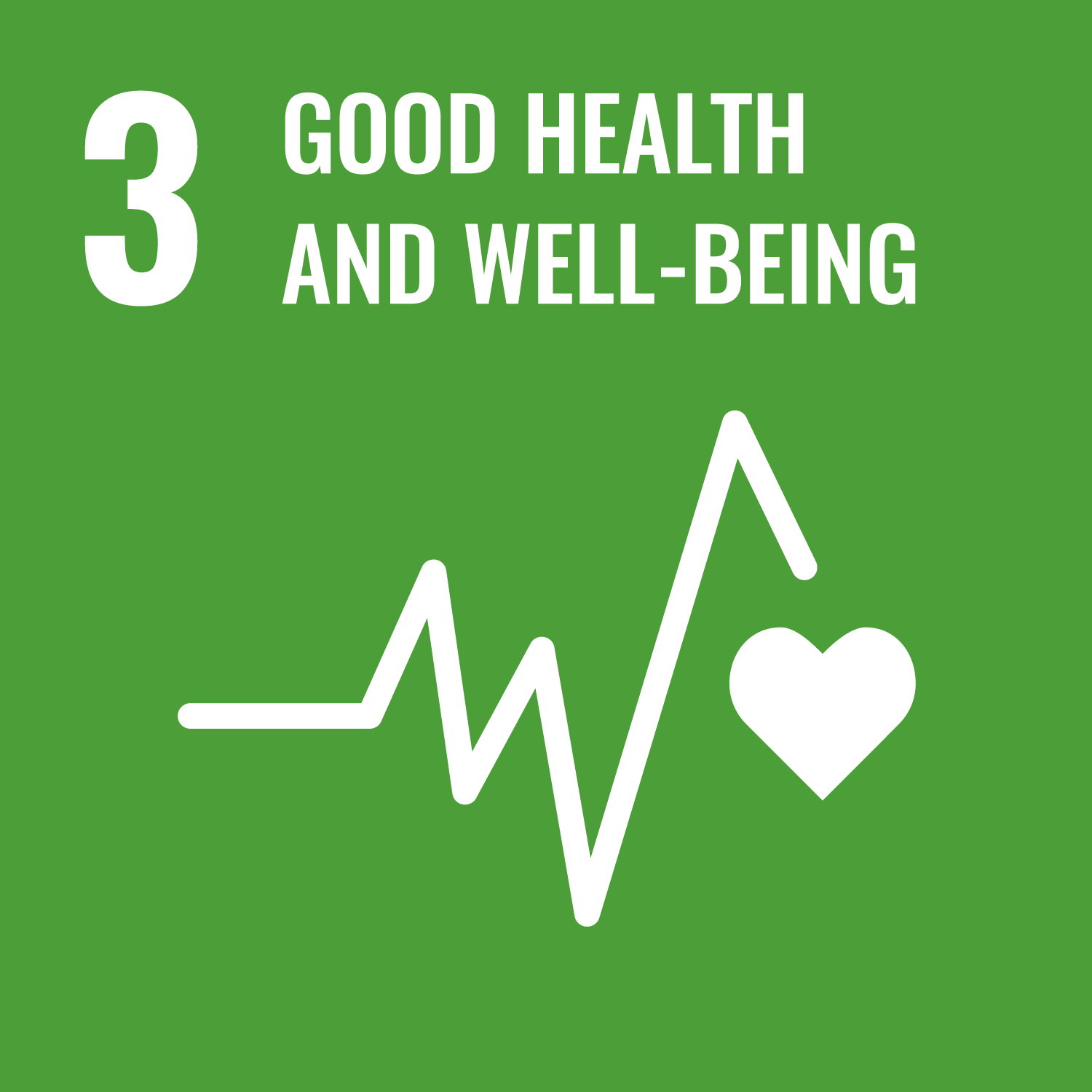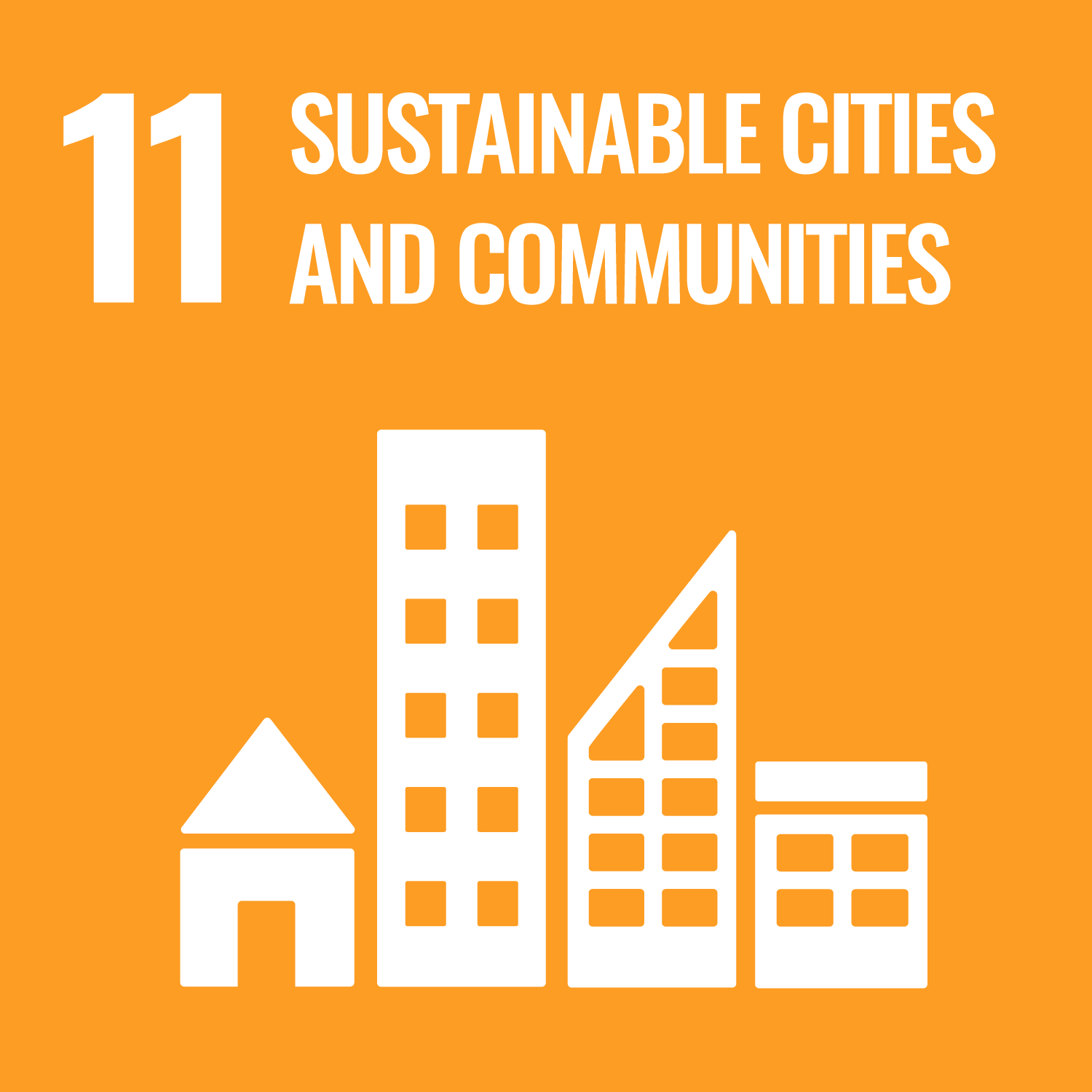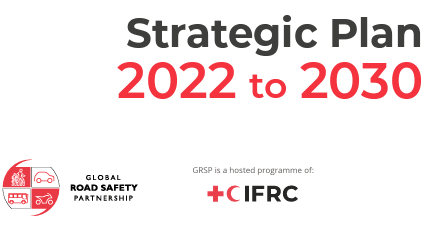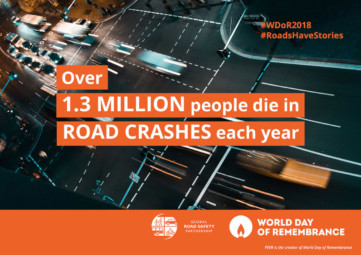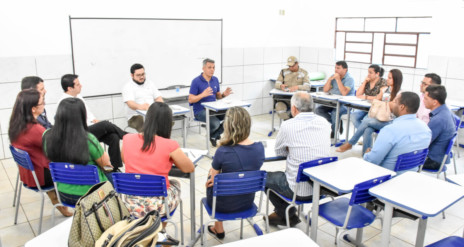Annual Meeting In Brazil Highlights Results of Proactive Partnership
More than 100 people from around the world came to Rio de Janeiro as part of activities surrounding GRSP’s annual general meeting in June. The venue was the Challenge Bibendum, the biggest international event in the automobile industry, of which GRSP was a leading road-safety participant.
The meeting marked the first time that mayors and representatives from 15 Brazilian cities came together to discuss their road safety programmes and the progress their cities have made since adopting GRSP’s Proactive Partnership Strategy (PPS), a comprehensive road-safety programme that stresses cooperation between government departments as well as rigorous and systematic collection of road-crash data. PPS has been guiding the efforts of inter-sectoral teams in the Brazilian cities since 2006.
“When we started [PPS} we realized that some data on accidents was missing,” said Henrique Tavares, the Mayor of Guaiba, one of the participating cities. “The figures we had were not reliable. This project gave us a tool that has very low cost for the city hall. We managed to get partners and volunteers who helped to find solutions through participation, not through additional funding. With police, medical institutions, city engineers on board, we get progressively safer districts in the city.”
Now, the project is bearing results. “Even though the automobile fleet continues to grow, we keep reducing mortality on the roads of Guaiba,” he said, adding that the partnership efforts brought the city hall a significant savings on hospitalization beds. Only 351 patients were injured in road crashes occupied hospital beds in 2009 as compared to 678 in 2007.
The mayor and the team from Guaiba were proud to report 146 consecutive days in Guaiba without fatal accidents on the roads in his city – an achievement few cities in the world can claim. Their goal is to reduce deaths on the roads by 10 percent per year and have the year of 2020 without fatal accidents.
Sharing results: A strategy of cooperation
The Guaiba team’s success was echoed by representatives from other cities who came to the global meeting with the first-hand evidence of an impact that properly built partnerships can have on road safety and quality of life.
José Rechuan from Resende said that partnership goes further than just contributing money. The system provides participation of all kinds, including taxi drivers competing for road safety stamps, which increase the number of their clients.
“There are very clear stages in this strategy from getting the political commitment, finding and establishing partners, to data collection and analysis, developing programmes and implementation,” said GRSP Senior Advisor José Cardita, who pioneered the PPS approach and presented the first edition of a PPS Manual at the meeting’s opening session.
“It soon becomes evident to all that the strategy works and brings practical results – we need to show and communicate them in order to get them deeper into people’s minds and culture and help to expand further for the sake of reducing the number of deaths,” he said. “We start with small steps in districts. We get the right figures, we demonstrate the results that help us expand further to towns and cities. Our next step in Brazil – to get to the national level.”
Growing fleet
Innovative road safety measures are desperately needed in Brazil, where rapid growth of motorcycle and auto use has worsened the road safety situation in recent decades. Luiz Carlos Caetano, who represented the city of Camacari at the meeting, reported that “the growth rate of the motor fleet in their city is higher than that of the population.” He particularly warned about the dangers caused by the growing number of motorbikes whom he compared to “a plague spreading around the city.”
That’s why the pro-active involvement of the cities is so critical, said Patrick Lepercq, GRSP Chair, corporate vice president for public affairs for Michelin, a key GRSP member and sponsor of Challenge Bibendum. “The mayors’ commitment combined with the involvement of the team is vital for the road safety programmes in cities, ” he said. “Traffic, education, police, health workers – all must feel that they are in the same boat, equally realizing their responsibility for making a change.”
“The approach must be local, but taking profit of worldwide experience,” he continued. “And seeing the results achieved so far, I want to express special thank you to your city teams for three things: the Mayor’s commitment, the passion for making a change and for the regional approach to results.”
Role of data
One key area around which city departments have been cooperating is in the collection of road safety data, which is a critical step toward achieving on-going, evidence-based road safety interventions. Eduardo Cury, the mayor of San José dos Campos – which has reduced death and serious injury by 62 percent since 2006 – spoke of the importance of systematic data assessment as a tool provided through partnership with GRSP.
“Data collection should not be limited to an occasional request, but be performed regularly on a monthly, quarterly and yearly basis,” he said. “That allows us to identify the target and measure the performance to it. Clear and reliable statistics allow us to visualize the impact and trends, which in their turn help us make better decisions and find additional financial investment.”
When San José dos Campos first joined with GRSP, it had no comprehensive road safety data. Now, says Cury, the city can prove it has made significant reductions in road safety related health costs. Similarly, the city of Barueri joined GRSP in April 2010 without a comprehensive road-safety data system.
“The city was missing one element that GRSP was ensuring for the future: methodology to collect, to classify data and to reclassify crash information that will allow to have better diagnosis of the situation and look for more efficient solutions,”said Maurício Tundisi, the Secretary of Health from Barueri.
José Carlos de Almeida from Sorocaba has been participating in GRSP programmes since 2006. “When we were starting we already had a consolidated structure on road safety,” he said. “The database consolidated since 1990 was complete and thorough. But GRSP introduced a new management tool for us that ensured a wider scope and better results.”
“We used to work with the field victims, we could not get to the core of the problem and stop it. With GRSP we managed to reach hospital centres and bring together hospitals, education, police, city guards, emergency services. The problem we are facing now – how to maintain the good results within the fleet of our metropolitan area.”
Sharing experience globally
Aside from highlighting the successes in Brazil, the meeting was a chance for programme implementers, sponsors, advisors and potential partners to share experiences, engage in provocative discussions and make a public show of political support for road safety.
“We are happy to see that four political leaders, the mayors of Brazilian cities, who in public signed that they are going to improve road safety in their cities and they are doing this, are present at this meeting today,” said GRSP CEO Andrew Pearce. “What we are doing with our demonstration projects, like the ones we have at this session today, is showing that reducing road crash death and injury is possible with cooperation and political leadership.
“If you do work together, if you join hands in this crisis – you will make progress. The presentations today gave us astonishing examples of effective partnerships that ensure better safety and save lives and release money for development. And when those examples come thicker and faster – more politicians, businesses and individual citizens will join.”
